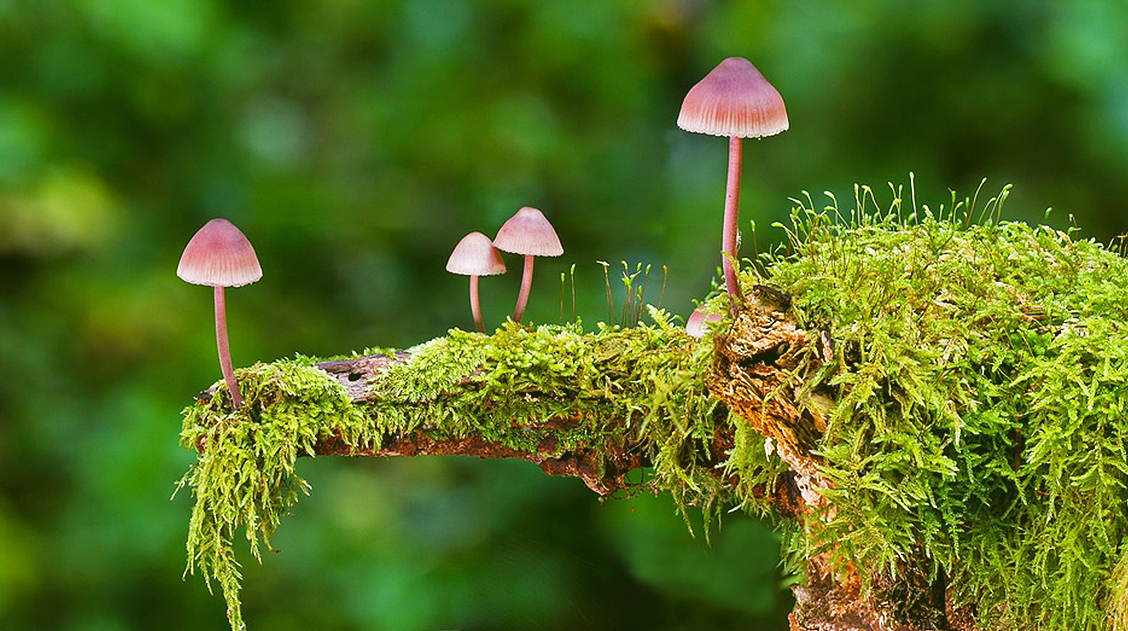I. Introduction: A New Wave in Medicine
The healthcare sector is currently experiencing a radical shift, with non-conventional substances like cannabis and psilocybin (‘magic mushrooms’) being increasingly acknowledged for their therapeutic potential. Years of research suggest that these substances, when used under controlled conditions, can significantly benefit various health conditions, including mental health disorders.
Despite facing historical stigma and legal barriers, cannabis and magic mushrooms have proven their medical worth, paving the way for a revolution in mental health treatment Canada Shrooms Website. This shift suggests a future where these substances are crucial in addressing some of our most challenging health issues.
II. Cannabis: A Green Solution for Mental Health
Cannabis, renowned for its psychoactive properties, has also been recognized for its potent medical benefits. A significant body of research supports its use in managing chronic pain, multiple sclerosis, and epilepsy. Scientists have recently started investigating its potential in treating mental health disorders.
Studies suggest that cannabis, particularly its non-psychoactive component cannabidiol (CBD), may help manage anxiety symptoms and post-traumatic stress disorder (PTSD). Moreover, some evidence indicates that cannabis might benefit depression, although further research is needed. As we continue to explore cannabis’s potential, it’s important to remember that, like all medical treatments, it should be used responsibly and under professional supervision.
III. Psilocybin: Magic Mushrooms with Healing Powers
Psilocybin, the active component in ‘magic mushrooms,’ has recently attracted significant attention from the scientific community. Despite its historical reputation as a purely recreational substance, researchers are intrigued by its potential to treat various mental health conditions.
Clinical trials have shown promising results regarding psilocybin’s efficacy in treating depression, anxiety, and addiction. In a study involving patients with life-threatening cancer diagnoses, a single dose of psilocybin significantly reduced anxiety and depression. Furthermore, research suggests potential benefits in treating obsessive-compulsive disorder (OCD) and substance abuse disorders. While these results are promising, further research is needed to understand the optimal therapeutic use of psilocybin fully.
IV. The Future of Medicine: Potential and Challenges
The potential of cannabis and magic mushrooms as therapeutic agents is immense, signalling a new era in mental health care. However, while these substances offer exciting possibilities, significant challenges are also to overcome.
The legal status of these substances is a significant barrier, with both being classified as Schedule I drugs under U.S. federal law, making their clinical use and research challenging. The potential for misuse and the need for safe, controlled therapeutic environments are also important considerations.
Nevertheless, as we continue to learn more about these substances, their role in the future of medicine becomes more pronounced. It is crucial to keep an open mind, prioritize scientific evidence, and overcome stigma to explore their therapeutic potential fully.
V. Conclusion: Embracing Change in Mental Health Treatment
The ongoing research into cannabis and magic mushrooms signifies a much-needed change in our approach to mental health treatment. By embracing these unconventional substances, we’re expanding our therapeutic options and offering hope to millions who struggle with mental health disorders. As the lines between recreational substances and medicine continue to blur, we are witnessing a healthcare revolution that promises more inclusive, diverse, and effective treatment options.
